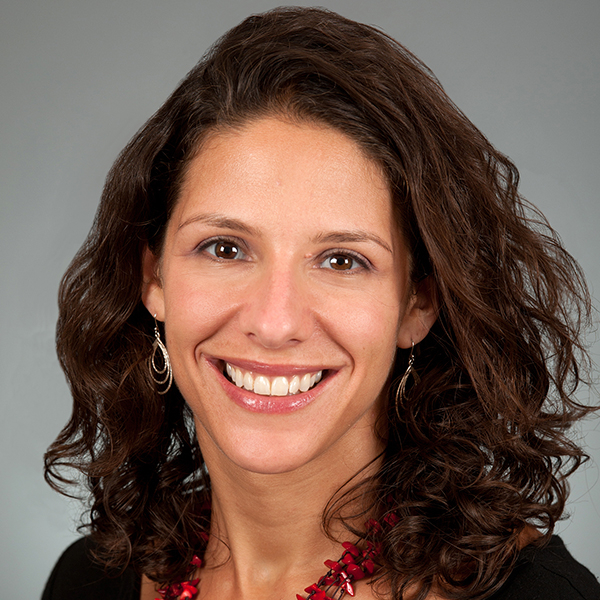
As wildfires become more frequent due to climate change and drier conditions, more of us and more of our communities are at risk for harm. Here is information to help you prepare and protect yourself and your family.
How does wildfire smoke affect air quality?
Wildfire smoke contributes greatly to poor air quality. Just like fossil fuel pollution from burning coal, oil, and gas, wildfires create hazardous gases and tiny particles of varying sizes (known as particulate matter, or PM10, PM2.5, PM0.1) that are harmful to breathe. Wildfire smoke also contains other toxins that come from burning buildings and chemical storage.
The smoke can travel to distant regions, carried by weather patterns and jet streams.
How does wildfire smoke affect our health?
The small particles in wildfire smoke are the most worrisome to our health. When we breathe them in, these particles can travel deep into the lungs and sometimes into the bloodstream.
The health effects of wildfire smoke include eye irritation, coughing, wheezing, and difficulty breathing. The smoke may also increase risk for respiratory infections like COVID-19. Other possible serious health effects include heart failure, heart attacks, and strokes.
Who needs to be especially careful?
Those most at risk from wildfire smoke include children, older adults, outdoor workers, and anyone who is pregnant or who has heart or lung conditions.
If you have a chronic health condition, talk to your doctor about how the smoke might affect you. Find out what symptoms should prompt medical attention or adjustment of your medications. This is especially important if you have lung problems or heart problems.
What can you do to prepare for wildfire emergencies?
If you live in an area threatened by wildfires, or where heat and dry conditions make them more likely to occur:
- Create an evacuation plan for your family before a wildfire occurs.
- Make sure that you have several days on hand of medications, water, and food that doesn't need to be cooked. This will help if you need to leave suddenly due to a wildfire or another natural disaster.
- Regularly check this fire and smoke map, which shows current wildfire conditions and has links to state advisories.
- Follow alerts from local officials if you are in the region of an active fire.
What steps can you take to lower health risks during poor air quality days?
These six tips can help you stay healthy during wildfire smoke advisories and at other times when air quality is poor:
- Stay aware of air quality. AirNow.gov shares real-time air quality risk category for your area accompanied by activity guidance. When recommended, stay indoors, close doors, windows, and any outdoor air intake vents.
- Consider buying an air purifier. This is also important even when there are no regional wildfires if you live in a building that is in poor condition. See my prior post for tips about pollution and air purifiers. The EPA recommends avoiding air cleaners that generate ozone, which is also a pollutant.
- Understand your HVAC system if you have one. The quality and cleanliness of your filters counts, so choose high-efficiency filters if possible, and replace these as needed. It's also important to know if your system has outdoor air intake vents.
- Avoid creating indoor pollution. That means no smoking, no vacuuming, and no burning of products like candles or incense. Avoid frying foods or using gas stoves, especially if your stove is not well ventilated.
- Make a "clean room." Choose a room with fewer doors and windows. Run an air purifier that is the appropriate size for this room, especially if you are not using central AC to keep cool.
- Minimize outdoor time and wear a mask outside. Again, ensuring that you have several days of medications and food that doesn't need to be cooked will help. If you must go outdoors, minimize time and level of activity. A well-fitted N95 or KN95 mask or P100 respirator can help keep you from breathing in small particles floating in smoky air (note: automatic PDF download).
About the Author

Wynne Armand, MD, Contributor
Dr. Wynne Armand is a physician at Massachusetts General Hospital (MGH), where she provides primary care; an assistant professor in medicine at Harvard Medical School; and associate director of the MGH Center for the Environment and … See Full Bio View all posts by Wynne Armand, MD


 Everyone who lives with inflammatory bowel disease (IBD) knows their illness has a major impact on daily life. Many people are diagnosed in their 20s or 30s, a time when we might hope for few health challenges.
Everyone who lives with inflammatory bowel disease (IBD) knows their illness has a major impact on daily life. Many people are diagnosed in their 20s or 30s, a time when we might hope for few health challenges.




